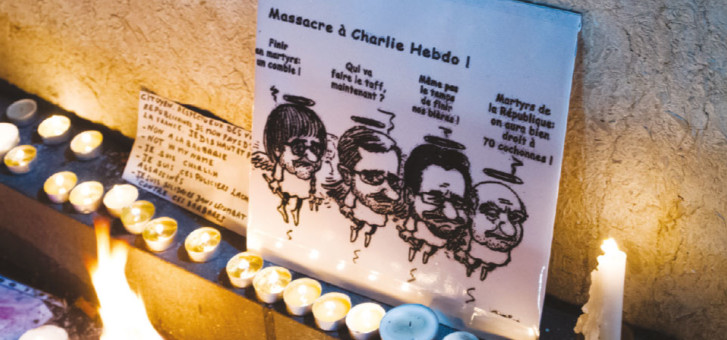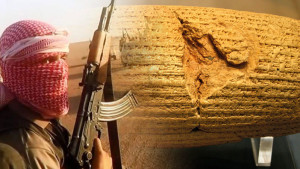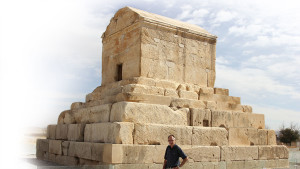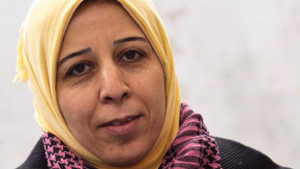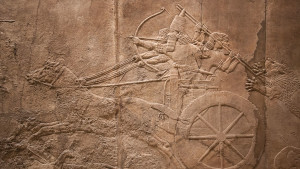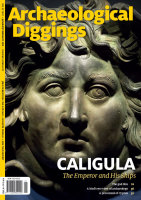Just after Christmas last year, pick in hand, I began to dig the hard ground of our backyard to plant new lawn. I soon encountered rubble, turning the task into something of an excavation. As I unearthed broken bricks, a rotted boot, pieces of concrete, roofing tiles and iron mesh, I began to piece together the history of the construction of the house; rather than take the rubble to the local tip where they would have to pay for its disposal, the builders buried it beneath a shallow layer of soil. Little did they realise that down through the mists of time, a pick-wielding archaeologist would uncover their dastardly deed. As I laboured under the hot Aussie sun, I became somewhat annoyed by their actions; I began to characterise all builders as a bunch of cheap, lazy cheats!
But my disgust paled in the light of the events that were about to transpire. Firstly came the 2014 Sydney hostage crisis, which tragically ended, after a 16-hour standoff, with three dead,including the self-styled Muslim cleric hostage taker. Soon after, this was followed by the Charlie Hebdo shooting by two Islamist gunmen against the satirical magazine Charlie Hebdo in Paris, and then quickly after by another siege in a Jewish bakery in Paris involving a third gunman.
As expected, as the “evidence” emerged as to who was behind these brutal attacks, some began to view all Muslims as potential terrorists, giving little thought to the fact that around the same time as these events were playing out, half-way around the world some 132 Pakistani Muslim children were themselves victims of a cruel attack by Muslim Taliban extremists. And because the Sydney hostage taker was Iranian, some began to think negativelyof all Iranians, without realising, as I’ve discovered on our recent tours to Iran, that they are a most gracious and friendly people.
Why do we generalise about people groups, especially in the negative? It’s hardly fair to characterise a person in one area of life by the actions of another.

